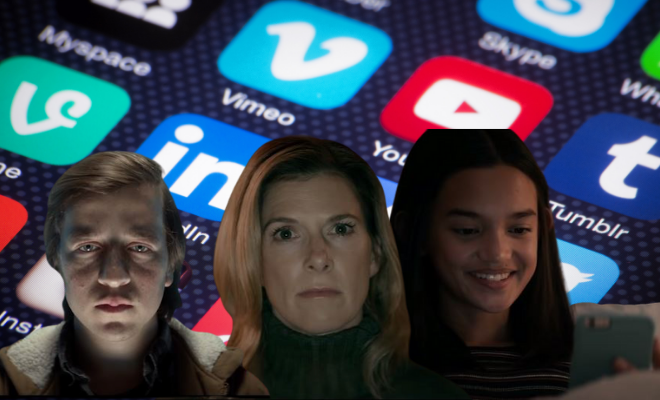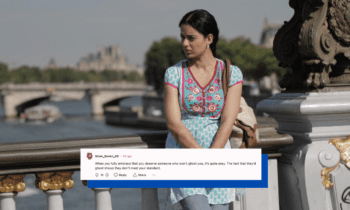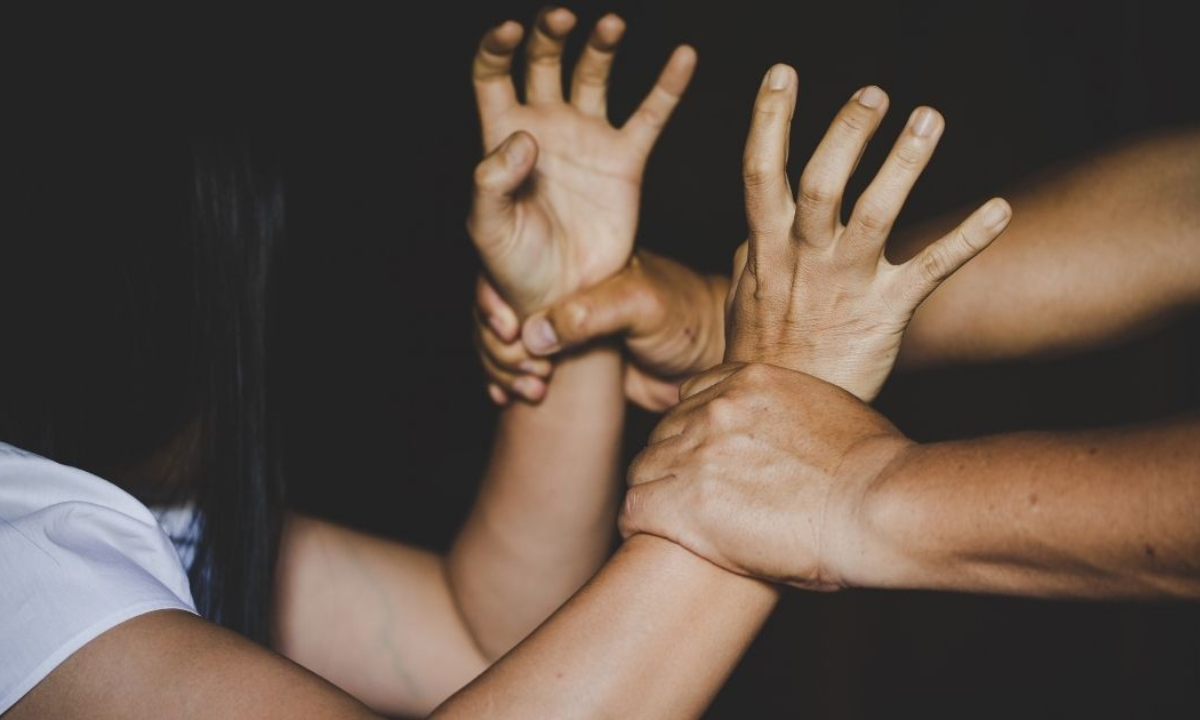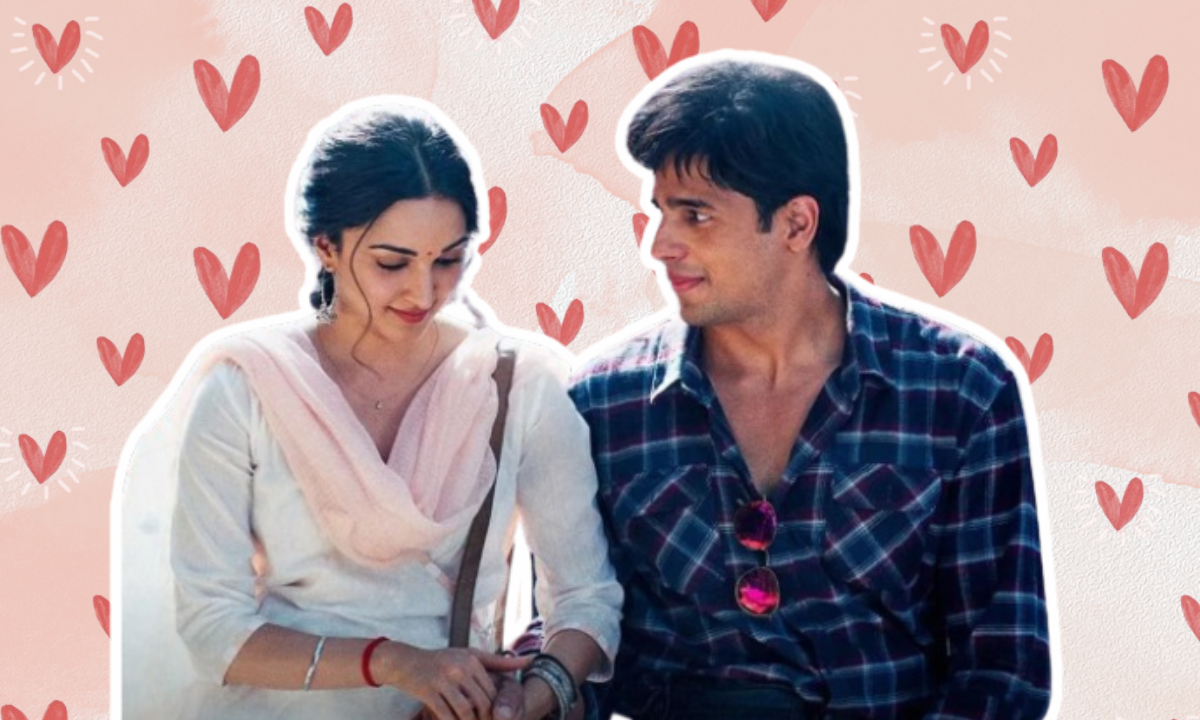‘The Social Dilemma’ Shows How Social Media Nurtures And Manipulates Our Addiction. Could It Be Affecting Women More Deeply Than Men?

If you live, breathe, eat, sleep, repeat social media, then chances are you have heard about the hoopla surrounding Netflix’s recent documentary release—The Social Dilemma. The irony is, the documentary is the chatter of Twitter town right now, while it actually advocates maintaining safe distance from social media because that shit is designed to be addictive. Oh, and the AI that controls your news feed (in this case played by Mad Men star Vincent Kartheiser) is actually manipulating you into doing its bidding. Like every other person who watched the 1.5 hour documentary, I too felt that director (and interviewer) Jeff Orlowski had a huge point about ethical tech. While the news that social media is causing tremendous mental health issues isn’t exactly news to me, the documentary did get me thinking…. Is the social media AI manipulation affecting women on a deeper level than it is men?
https://www.instagram.com/p/CE6t9DPgU3g/?utm_source=ig_web_copy_link
What’s The Social Dilemma about?
The documentary premiered at the 2020 Sundance Film Festival and dropped on Netflix pretty much ten days ago. And within that time, it has managed to get a lot of people, including some celebs, talk about why it is an essential watch.
Whatever else you do today, please make time and watch ‘The Social Dilemma’ on Netflix.
— Farhan Akhtar (@FarOutAkhtar) September 13, 2020
Everyone needs to watch @SocialDilemma_ documentary. It’s incredibly important and the irony that I’m tweeting about it is not lost on me. On #Netflix #TheSocialDilemma
— Caitríona Balfe (@caitrionambalfe) September 16, 2020
You all must must must watch THE SOCIAL DILEMMA on Netflix. It’s life-changing, important and mind-blowing. (And yes, I get the irony of me asking you to watch it via my social media…) pic.twitter.com/Po8pnCxmuO
— RainnWilson (@rainnwilson) September 15, 2020
https://twitter.com/SethMacFarlane/status/1306138838352314370?s=20
PS: I watched Social Dilemma. It will as it should make you piss your pants in a bit of fear. It does set the alarm off… but only if you care to understand. No nothing is said in between the lines. These are the lines we are breaching.
So watch and go figure.— Kubbra Sait (@KubbraSait) September 10, 2020
It is your typical documentary, where a bunch of very well known players from Silicon Valley, such Tristan Harris (formerly Google, now the president/co-founder of the Center for Humane Technology), Justin Rosenstein (co-founder of Asana, developed Facebook’s Like button) and academicians like Shoshana Zuboff (Harvard Professor) take the stand, or should I say stool, and talk about how social media started off as being this amazing thing. But it has now morphed into this Frankenstein’s monster, that uses Artificial Intelligence (AI) to understand the psychology of its users and then uses that same information to manipulate them into consuming more ads.

Source: Netflix
This isn’t just about generating a bajillion of dollars of revenue though. What the AI is also doing, in some cases subtly and in some rather ostentatiously, is changing the way people think. Through an algorithm that learns from the user itself, it is suggesting as, the naïve users, content that we think we might like, but has an agenda to it that gradually changes how we think about certain concepts. Think of it like a slow-burning inception of an ideology, which after repeated consumption, can turn into full-blown indoctrination.
Source: The Social Dilemma. pic.twitter.com/NlIzZEbP0t
— ALU GemuR (@ALUGemur) September 15, 2020
You think you might be watching harmless cat videos, but next thing you know, the suggested videos you’ve been watching from those videos might have impacted what you think about a particular ethnic minority. We’ve seen that happen when hatred-driven social media trends against a community or particular celebrity are generated. The conviction with which people believe in fake news or the things that are said on the Internet is further proof of how easy it is to change the way people think.
And herein lies the power, right? If you can change the minds of even 1% of the world’ population without them realising it, that is still a huge number in the grand scheme of things. And how do we stop that? That’s the social dilemma.
Also Read: What Is Toxic Positivity And Why Should You Be Wary Of The ‘Good Vibes Only’ Squad On Social Media?
Why are women getting the worst of it?
The Social Dilemma is a documentary alright, but it does have a dramatisation going on to elucidate what is being talked about better. It involves a family with three children—the eldest daughter who happily lives in JOMO; a teenage son who is addicted to his smartphone because he’s trying to figure out who is and what he likes/who he likes; and the youngest daughter, who is in primary school, addicted to her phone and seeking external validation for how she looks.
In one impactful scene, the mother invites the family to have dinner, and then proposes that everyone’s phones be locked inside a container with a timer. Only once dinner is over, and the timer is turned off, can the lid be opened. Both the son and youngest daughter reluctantly agree, but at one point, the little girl makes an excuse to leave the table, try to open the container, and eventually break it open to access her phone!
Now, as someone who is like still super scared of her parents, I was quite shocked at how that tiny thing disobeyed her mother’s direct order. But on second thought, I realised how strong her addiction would have to be that she couldn’t even be away from her phone longer.
Also Read: The Culture Of Feasting Can Have A Massive Impact On Women’s Eating Habits, Says Study. It Can Lead To Eating Disorders
It is a known face that social media is responsible for a lot of the mental health issues that women face. There’s body image issues, body shaming, skin shaming, economic status shaming, bullying, trolling, slut-shaming, obscene messages, sexual harassment and what not. It could also be safe to assume that women have it much worse than men do on the Internet, because along with everything else, there’s gender-specific abuse that is targeted at them.
Now think about…. If the AI is learning from women’s behaviour on social media, and then force feeding us content that actually preys on our fears and insecurities, then women definitely have a much wider pool of fears and insecurities that it can prey on! For example, if I’m someone who is constantly concerned about my weight, I am more likely to see not just ads about weight loss and dieticians but also subtle plug-ins of body positivity as well as plus-size clothing along with social influencers flaunting their weight loss transformations. So at the same time, I am being pulled into different directions of loving and hating my body, and depending on what piece of content I chose, the AI will keep suggesting to me content that will either bring it more revenue or serve some other ideological purpose. But my mental health? Consider it messed up.
Now imagine being put into this chess match, every minute of every day against an AI that is learning more about you from your moves.
Okay, don’t panic. There’s a solution to The Social Dilemma, right?
Yes, but unfortunately, it will require you to maintain social distance from your phone. Yep, going back to your childhood days, when mom would ritually take away your favourite toy at night, so you would stop playing and go to sleep on time. It sounds very hermetic, but everyone who appeared on the documentary suggests that this approach of controlling your social media intake is what will ultimately help. Now mind you, these are some of the biggest names in tech, and their lives are literally spent developing the products that you and I are using. So if you hear them tell you that they don’t hand their own kids smartphones until they’re out of high school, and switch off their phones post a certain hour at night, you better listen to them.
Self-policing is not for the weak-willed. Ask me, I know this because I have major FOMO and cannot survive without my laptop and phone. But if you think about it, the solution being propose here, that involves tech companies redesigning their platforms to make them more ethical and allowing themselves to be regulated (hahahaha!)…. That Utopian dream is going to take a long, long time to get realised. So until then, the only way to save our minds from being manipulated into believing crap like “Rhea Chakraborty ne kiya kaala jaadu” or “Not just black lives but all lives matter” and “Size 6 is the new Size 14” is to not to let what we consume on social media train our monkey minds.





















